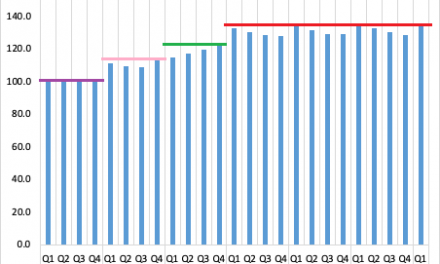
Witness Protection for job creation. What about catching crooks?
Two extremely important bills were tabled this week before the National Assembly when on Thursday Dr Albert Kawana, the Minister of Justice introduced the Whistleblower Protection Bill and the Witness Protection Bill.
Both pieces of legislation come as a welcome relief. In the ongoing fight against corruption, this is an important development to invite more people who know of graft, to come forward and finger the culprits.
For the ordinary employee of a big company, a ministry or a parastatal, it takes a lot of guts to point the finger at wrongdoing. If individuals whose conscience force them to disclose criminal activity do not feel safe, whatever they know will remain stuck in the realm of hearsay.
The criminal justice system needs a witness or witnesses, an investigation, and facts that can be proven in a court of law. As long as these are absent, the chances of a suspicion leading to a conviction are slim, if indeed such cases ever make it to the court.
So, great was my expectation when I started digesting both bills.
What a disappointment. While comprehensive in scope and about as detailed as one can expect for such important legislation, both brilliantly demonstrate our flawed way of thinking.
Take for instance the Witness Protection Bill. Its point of departure is a whole new diretorate. Now, any sane person can run a check through his or her own memory and try to think how many cases there were over the past ten years, where actual witness protection was needed. You do not need a Directorate to handle the very small number of witnesses who historically needed protection.
Does this mean that there are so many potential corruption cases on the justice ministry’s radar that it will require a new directorate to handle the large numbers. I doubt it very much.
As has now become the entrenched way of flawed thinking, not only does the bill describe the mechanisms for a new directorate, it assumes that a directorate requires a director and a deputy director who will work closely with the Permanent Secretary and the Minister, presumably of Justice, to make sure spouses who need to be protected from their husbands, or vice versa, will have all the protection they need.
And of course, then there is a Witness Protection Advisory Committee with more member that must be appointed and paid, all nicely spelled out by the bill. And finally, as with all government spending, there shall be a Witness Protection Fund.
Excuse me if this line of thinking does not impress. In a public sector where the conditioned response is one of creating more government jobs, this bill fits the matrix. It is the same way we are thinking about all government ministries, agencies and offices. We view them first and foremost as exploitable opportunities to create more employment.
This way we can rake up an additional wagebill and establish another fund, the two of which combined will certainly sink a couple a million dollars even before one single witness has been protected.
Witness protection does not need a Directorate, presumably in the Ministry of Justice. It needs competent policemen who have legal backing when looking to protect a specific witness. This can all be accommodated in the Criminal Procedure Act. At most, a Witness Protection Secretary would be required in the ministry and that only for purposes of coordination, and safeguarding the funds required for actual protection.
Witness protection is a serious matter. It needs to be protected and guaranteed by law. But it certainly does not need a whole new Directorate to be effective. It only needs competent justice officials and equally competent investigating officers.
Is the Witness Protection Bill just a round about way to save face, not wanting to confess that the public servants who are supposed to do this work, are useless.
And for crying out loud, we do not need witness protection for marriage squabbles, we need it for the serious stuff – white collar crime, embezzlement, stealing on government contracts, foreign exchange fraud, paying government officials to look the other way, earning commissions on the expatriation of Namibian funds to accounts in China – those are the crimes that are driving us into national bankruptcy and those are the crimes where we must protect the innocent individuals who are prepared to come forward and provide the facts.
The intent of a Witness Protection Bill should not be to create more redundant employment, or to create another fund that be swindled, or to involve itself with mundane matters, it should only be to keep a witness safe and alive so that the serious but difficult-to-prove financial crimes can come to light, the perpetrators charged, and then successfully convicted and locked up. The ultimate aim is to promote due process in law to combat crime, not to grow the bloated civil service even more.










































